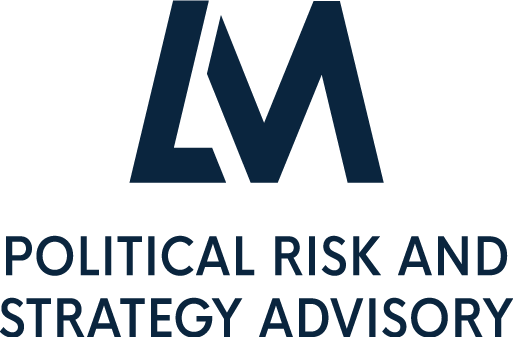Reconsidering Political Risk from the Perspective of Applied Sciences: In the Search for practice-oriented Political Risk Models
In recent years, the international public has become witness of tremendous political and socio-economic changes and challenges. Their root causes are complex and only some of them can be associated with certain countries and/or regions. In our highly integrated world, they have far-reaching effects. For multinational enterprises (MNEs), the global environment has therefore become more uncertain. Consequently, MNEs need appropriate strategies on how to deal with political risk (identify, analyze and manage political risks) more than ever before. Political risks comprise any occurrence in the international business context where public actions or non-state actors that are active in the host country of the international activities interfere with private international businesses and adversely impact the performance of the international operation.
On the one hand, there is a need of practice oriented political risk management. On the other hand, the academic field of political risk research is still heterogeneous and underdeveloped. The interest and methodology characteristic of Business Studies determine the political risk literature. This leads to the dominance of highly sophisticated quantitative/econometric studies, drawing on previous models to test the significance of individual political risk factors. This approach is associated with a lack of qualitative, in-depth context studies and practice oriented political risk management models, MNEs can apply.
Given this background, Johannes Leitner and Hannes Meissner have edited a special issue of “Wirtschaft and Management” that aims at reconsidering political. It launches an open discussion on how political risk management takes/might take place in practice.
